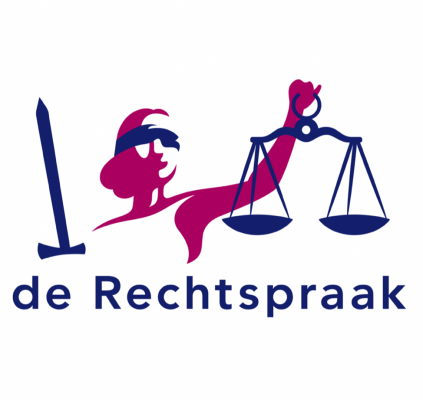The LIBE Committee of the European Parliament is responsible for civil liberties and human rights, asylum, and migration. Over the years, LIBE has established a preeminent role on such issues as data protection, the transfer of passenger name records, and electronic surveillance. The Committee has frequently initiated important resolutions in the European Parliament to advance the causes of freedom and justice. In a notable case at the Court of Justice, the European Parliament also pursued successful claims against the European Commission and the Council concerning the failure to safeguard the privacy of European travel records. Mr. Juan Fernando López Aguilar, a professor of constitutional law and former Minister of Justice in Spain, heads the 68-Member Committee.
The Committee is now exploring the implications of Artificial Intelligence for Europe. In February 2020, LIBE held a hearing on Artificial Intelligence and Criminal Law. The Committee examined the benefits and risks of AI, predictive policing, facial recognition, as well as the ethical and fundamental rights implications. LIBE worked in association with the United Nations Interregional Crime and Justice Research Institute (UNICRI), the European Union Agency for Fundamental Rights (FRA), and the Council of Europe (COE).
One of the tasks of the LIBE Committee is also to oversee the work of the European Commission to ensure that it is complying with all of its legal obligations. This past week, LIBE held a hearing on Schrems II, the data protection case discussed in an earlier CAIDP Update. Justice Commissioner Didier Reynders said there is no “quick fix” to comply with the judgement of the Court of Justice of the European Union. The practical consequences will be significant.
At the moment, many key issues about the use of Artificial Intelligence across the EU remain unresolved by the European institutions. The President of the European Commission committed earlier this year to a comprehensive framework for AI “within the first 100 days” of the new Commission, but that initiative was put on hold. An effort earlier this year to restrict the use of face surveillance has also stalled, though support remains.
Further progress on AI policy will require the leadership of the LIBE Committee. Limitations on facial recognition, the establishment of a legal framework for AI, and careful consideration of AI techniques in criminal law should be priorities. As Mr. Aguilar has stated, the LIBE Committee “is in charge of most of the legislation and democratic oversight for policies enabling the European Union to offer its citizens an area of freedom, security and justice. While doing so it ensures the full respect of the Charter of Fundamental Rights in the EU territory in conjunction with the European Convention on Human Rights and the strengthening of European citizenship.”
Marc Rotenberg, Director
Center for AI and Digital Policy at Michael Dukakis Institute
The Center for AI and Digital Policy, founded in 2020, advises governments on technology policy.











